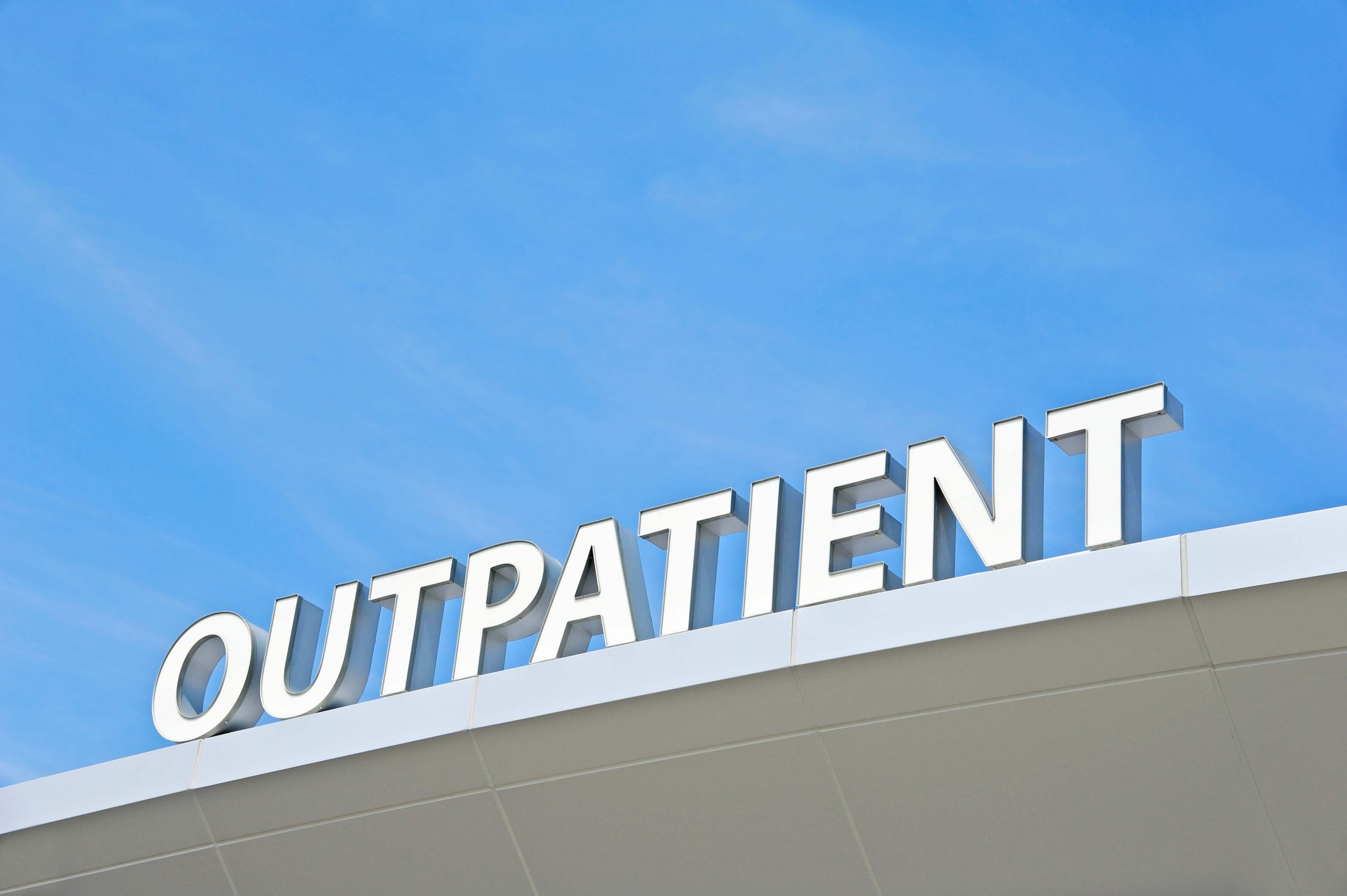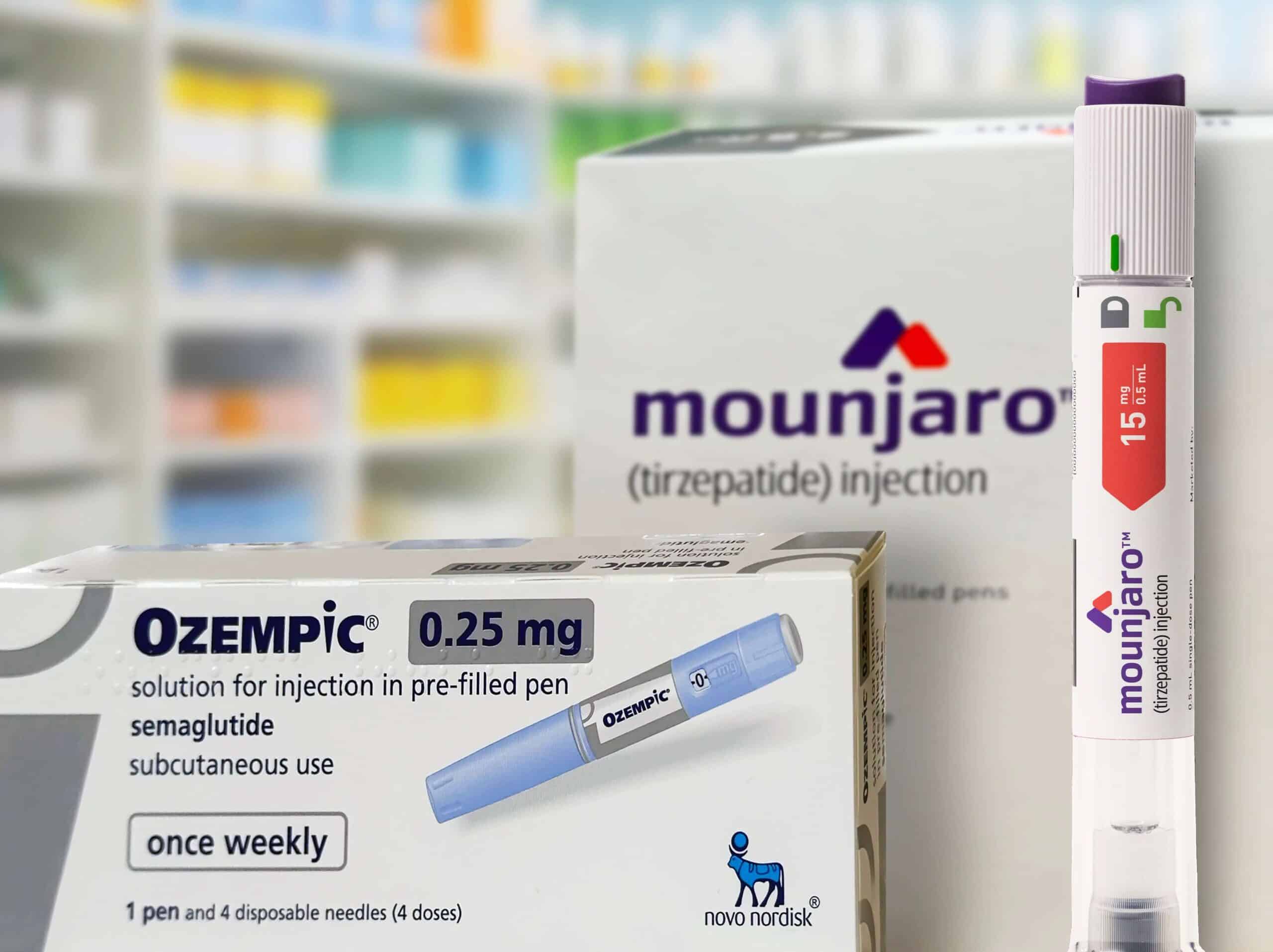When Is Dopamine Released? Understanding the Brain’s Reward System
Dopamine is like the brain’s reward button, and it plays a big role in how we feel pleasure, stay motivated, and even deal with addiction. In this article, we’ll break down when and why our brains release dopamine, using simple language and real-life examples to help you grasp this fascinating topic.

What’s Dopamine, Anyway?
First things first, dopamine is a chemical messenger in our brain. It helps different parts of our brain talk to each other. One of the main spots where it’s made is called the ventral tegmental area (VTA).
Getting a High Five from Your Brain
Imagine this: you’re playing your favorite video game, and you finally beat that super hard level. Your brain goes, “Wow, that felt great!” and gives you a high five by releasing dopamine. It’s like your brain’s way of saying, “Keep doing that! It’s awesome!”
Dopamine is like the brain’s reward button, and it plays a big role in how we feel pleasure, stay motivated, and even deal with addiction. In this article, we’ll break down when and why our brains release dopamine, using simple language and real-life examples to help you grasp this fascinating topic.
When Is Dopamine Released?
Dopamine, often referred to as the brain’s feel-good chemical, is released in various situations to reinforce behavior and encourage specific activities. It plays a pivotal role in our daily lives, from experiencing pleasure after achieving a goal to learning new skills and forming social bonds. Now, let’s dive into when exactly dopamine occurs in our daily lives.
Morning Boost
Ever wonder why that first sip of coffee feels so good? Caffeine can rev up your dopamine system, giving you a morning boost.
Achieving Goals
Remember the last time you crossed something off your to-do list? That sense of accomplishment triggers dopamine release. It’s your brain’s way of patting you on the back.
Love and Dopamine
When you’re in love, dopamine levels surge. That’s why spending time with your sweetheart can feel like an emotional rollercoaster of happiness.
Laughing It Up
Ever had a good laugh with friends? That’s a dopamine party in your brain. It reinforces social bonds and keeps you coming back for more fun times.
Little Doses of Joy
Dopamine isn’t just about big wins. Sometimes, it shows up when you do simple stuff, like eating a yummy meal, hugging a friend, or listening to your favorite song. These little doses of joy keep you feeling good.
Learning with Dopamine
Think back to when you learned to ride a bike. At first, it was tough, but as you got better, your brain rewarded you with dopamine. It’s like your brain saying, “Nice job! Keep pedaling!” Dopamine helps you learn and remember stuff.
When Dopamine Goes Off Balance
Dopamine usually makes us feel great, but when things get out of whack, it can lead to mental health issues. Let’s see how it plays a role in depression, anxiety, and addiction.
Also, guess what? Things from the outside, like drugs and alcohol, can mess with your dopamine system. Let’s dive into how they do it.

Dopamine and the Blues
Depression can mess with your dopamine. It’s like the brain’s reward button is stuck. You might not feel as excited about things you used to love because there’s not enough dopamine around.
The Jitters of Anxiety
Anxiety, on the other hand, can have too much dopamine action. It’s like your brain hit the dopamine turbo button. That can make you feel jittery, super alert, and sometimes even panicky.
The Lure of Addiction
Addiction is like a dopamine hijack. When you do drugs or get hooked on something like gambling, they give your brain a mega-dose of dopamine. It feels amazing at first, but then your brain craves it more and more. It’s a tricky cycle to break.
Highs and Lows of Drugs
Certain drugs, like cocaine and amphetamines, can make your brain release a flood of dopamine. It’s like a rollercoaster ride of feeling super high, but it can lead to addiction because your brain wants more and more of that feeling.
Booze and Dopamine
Alcohol is another one. It starts by giving your brain a little dopamine boost, making you feel relaxed and happy. But if you overdo it, your brain gets used to it, and you need more booze to feel the same way.
Keeping Your Dopamine in Check
Now, how can you make sure your dopamine is on the right track? Let’s explore some everyday tips.
Healthy Choices
Exercise, sleep, and a balanced diet can help keep your dopamine in good shape. When you work out, your brain rewards you with a sprinkle of dopamine, making you feel awesome.
Zen Moments
Practices like mindfulness and meditation help you chill and keep your dopamine in balance. They’re like a pause button for your brain.
Seek Help When Needed
If you’re struggling with mental health or addiction, it’s essential to reach out to pros. They can guide you with therapy and treatments tailored to your needs.


Dopamine is a fascinating part of how our brains work. It’s all about rewards, learning, and feeling good. But when it gets out of whack, it can lead to some tricky situations. With the right knowledge and everyday choices, you can keep your dopamine in check and enjoy a balanced life full of rewards—big and small.
By understanding how dopamine operates in our brains and affects our daily lives, we can make informed decisions to nurture our mental well-being. Whether it’s through maintaining a healthy lifestyle, seeking professional help when needed, or simply savoring life’s small joys, we hold the power to keep our dopamine in balance and enjoy a more fulfilling existence.
Published: November 14, 2023
Last Updated: November 14, 2023

Published: June 30, 2025
Do Semaglutide (Ozempic®/Wegovy®) or Tirzepatide (Mounjaro®/Zepbound®) Reduce Alcohol Cravings?
GLP-1–based injectables like Semaglutide (Ozempic®/ Wegovy®) or Tirzepatide (Mounjaro®/ Zepbound®) changed obesity and diabetes care almost overnight. Alongside weight loss, thousands of patients began reporting a subtler effect: “I just don’t want that nightly glass of wine anymore.” Such feedback—spread across Reddit, TikTok, and clinic waiting rooms—now drive genuine scientific inquiry. If GLP-1 agonists like […]
Read more
Published: June 01, 2025
Honoring Men’s Mental Health: A June Reflection and Path to Wellness
Each June, we shine a spotlight on Men’s Mental Health Month—a dedicated time to recognize the unique challenges men face, break down stigmas, and foster open conversations. At Lifescape Recovery, we believe that mental health is just as critical for men as it is for anyone else. Yet societal expectations around “toughness” and self-reliance often […]
Read more
Published: May 23, 2025
Intensive Outpatient Program (IOP):15 FAQs
Navigating the world of mental health and addiction treatment can feel overwhelming. If you’re considering an Intensive Outpatient Program (IOP), you likely have questions about what it entails, who it’s for, and how it works. Below, we’ve compiled the most frequently asked questions—along with clear, concise answers—to help you understand IOP and determine if it’s […]
Read more
